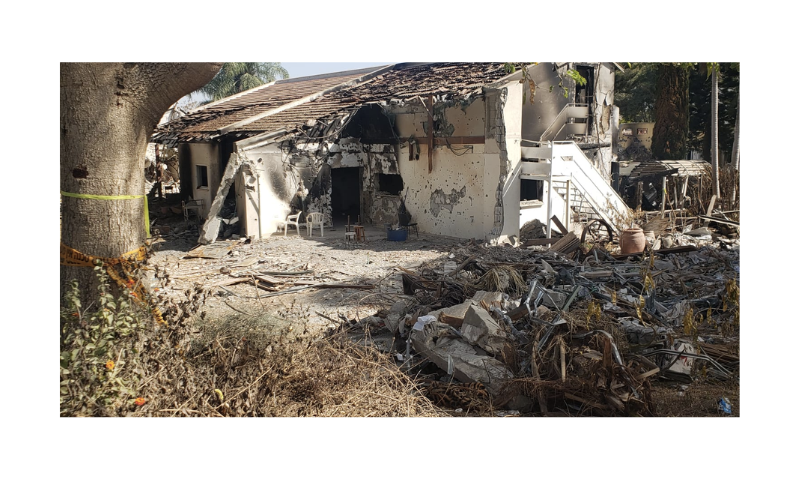Amir Lupovici
INSS Research Forum | July 2024
“If there are such great limitations on the ability to deter Hamas, how did it happen that Israel relied so extensively on this strategy?”
Introduction
The brutal Hamas attack on October 7 brought up a variety of strategic issues, including questions about the strategy of deterrence and Israel’s reliance on it. Among other things, much has been written in the past few decades on the question of whether it is possible to deter terrorist organizations. While the initial literature on this topic that developed in the 1990s cast doubt on the possibility of deterring these organizations (for example Bowen, 2004, p.55; Davis & Jenkins, 2002), over the years, researchers pointed to a variety of factors and ways of increasing the effectiveness of the deterrent threat toward them (for example Almog, 2004; Gearson, 2012; Trager & Zagorcheva, 2005).
From this perspective, Hamas’s large-scale attack on Israel raises several research challenges. Ostensibly, deterrence was supposed to have restrained the organization’s activity, given that as a nationalist terrorist organization it aspires to attain international legitimacy. Unlike other terrorist organizations, Hamas is also a territorial organization that rules over a specific population, and is thus presumably more sensitive to deterrent threats, compared to organizations that do not have these characteristics and thus lack significant assets that can be threatened.
While it is still too early to state with certainty the reasons for the failure of deterrence, and some cast doubt on the ability to deter a terrorist organization like Hamas, we can presume that several factors had a decisive impact on the decision regarding the timing of the attack. Chiefly Hamas’s expectation of a deterioration in the status quo for them, with the progress of Israel’s normalization process with countries in the region, especially Saudi Arabia, while neglecting the Palestinian issue.… [To read the full article, click here]


